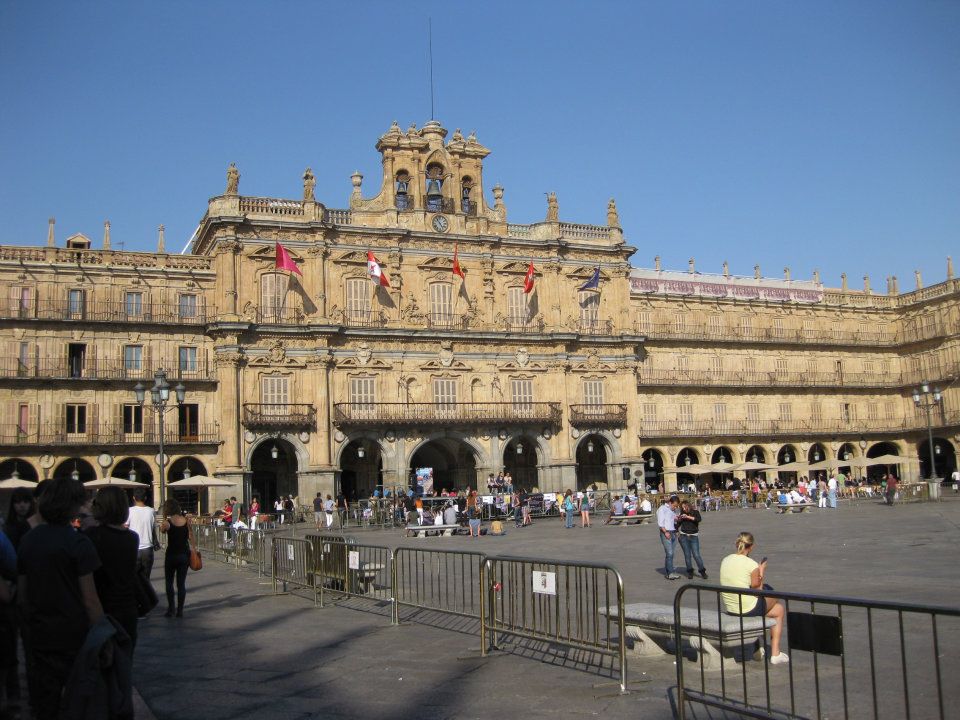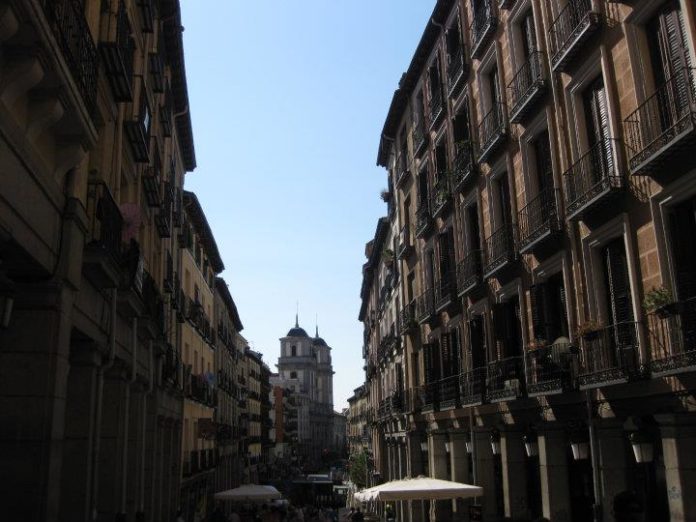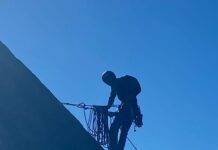“Don’t date a man without a stamped passport,” one of my college professors recently advised me.
Something flipped in my belly when she spoke the words. It was like I stumbled upon a simple truth that I had known all along. Don’t ever compromise your desire to travel. The idea seems obvious. All I’ve ever wanted out of life is to explore the distant corners of the Earth. And yet, comfort and familiarity cloud my vision sometimes.
My professor’s words of advice reminded me that curiosity can’t be taught. You have it, or you don’t. And sticking yourself into a can of sardines with a bunch of homebodies isn’t going to do anything for your sense of wonder. The traveling itch is something that’s always existent. It waxes and wanes in its ferocity, but it never really goes away. I’ve dated several men who didn’t understand the urge.
“You mean you want to travel for the sake of traveling?” My college sweetheart asked me, as a look of confusion and irritation clouded his face.
“Why spend your time and money on a trip to Paris when you could stay right here?”
To him, it seemed like travelling was a luxurious pastime without a point. But to me, it was everything. I didn’t know it then, but investing myself in someone who lacked my sense of wonder would never work. And a stamped passport is a tangible representation of that curiosity.
Stamping My Passport
Travelers can identify each other in a crowded room. You see yourself in the faces of strangers. We’re the people who haven’t showered in a while. We’re comfortable sitting on the ground and sleeping on a park bench. It’s like we ignore a set of standards that other people instill in us from a young age. We exchange propriety for a sense of wonder. And we ditch material things to collect culture.
It’s not that travelers are homeless. It’s that everywhere is our home. Travelers have a certain vibrancy in their eyes as if they’re seeing something for the first time. Before the dust of familiarity collects on a place, we love it for its newness. The sparkling evening glow of a Spanish plaza is unlike anything we’ve experienced before. And the immersion settles on our skin like the sun.

I recently read a passage from a book by fellow traveller, Nicole Trilivas. She put it this way: “What I wanted (what I really, really wanted) was to observe everything before it got too familiar, too normal, and under-appreciated… I relished that little wave of pulse-quickening fear and excitement that travel splashes on our faces, as if to wake us up and remind us we’re alive.” To be curious is to be alive.
Sabotaging a Foreign Language
Most travelers know what it’s like to live through the discomfort of sabotaging a foreign language. Sometimes, you find that failing to roll your “Rs” entirely changes the meaning of a word. It might take you a moment to understand what you’ve said. But eventually, it’ll dawn on you that you’ve just asked for a joint instead of a cigar. But the shop owners just laugh because they know you’re foreign.
When you find yourself in a room filled with people with stamped passports, they’ve probably been humiliated, humbled and forced to live honestly. We’re the ones who see a third class ticket to anywhere else as a grand adventure. If you were to split us open, you’d find maps made out of Gallo pinto and cigarettes weaving through our brains.
The Traveller’s Currency
Time is a traveller’s currency. Most of us can’t afford affluent stays and speedy service. But we exchange time for experience and use it to travel to the underside of humanity. The less time we have in a place, the more precious it becomes. So, we peel our eyes wide open as if to see everything all at once.
For a traveller, exchanging time for a life half-lived is the most expensive mistake of all. Rather than filling ourselves with the sense of wonder that makes us who we are, we collect dust in the same old places. We spit dimes into a man without a passport, living on the cheap but losing our sense of curiosity. And it just isn’t worth it.
“Some people want the world. And some people want home” – Nicole Trilivas
For More Inspiration:
















So true! In Korean “keon gang ha da” is a descriptive verb meaning healthy. “Kan gang ha da” on the other hand is the verb to rape. One slip of the tongue and a compliment stating your kid looks very healthy can turn very dark.
Comments are closed.